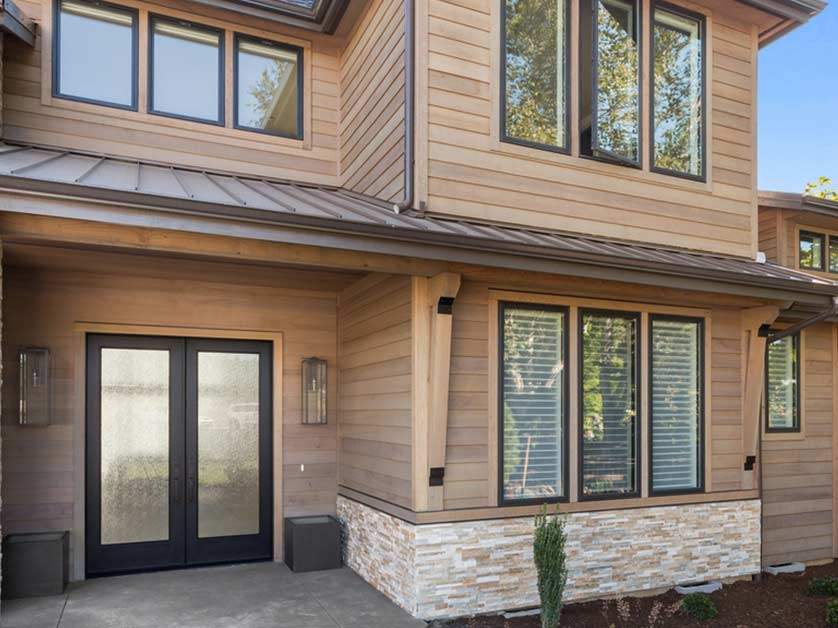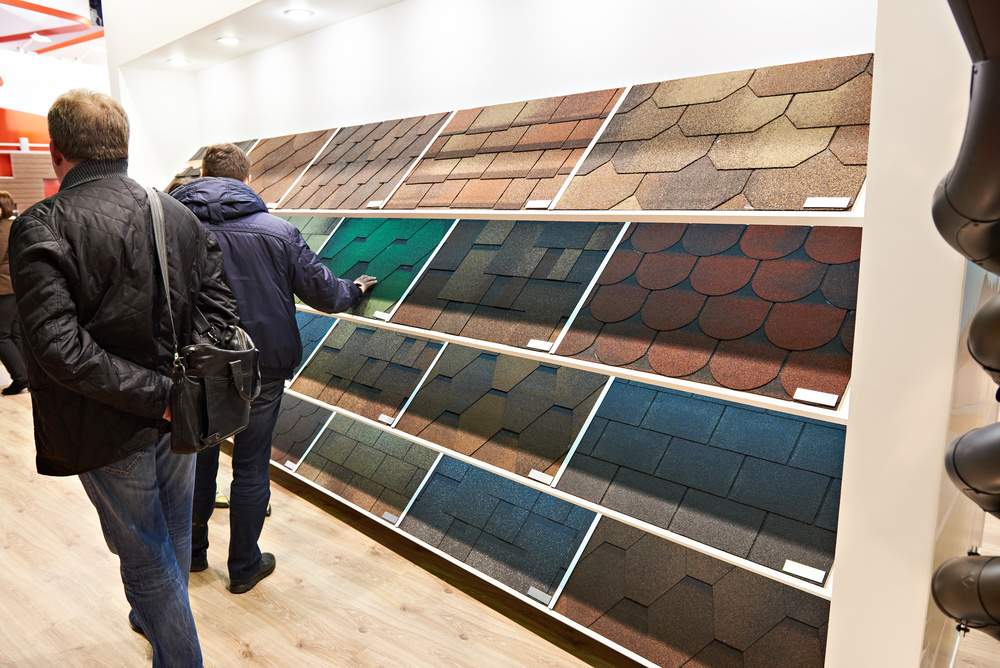In the midst of a move towards more sustainable living, homeowners are increasingly being confronted with the choice between different certifications and ratings when considering home improvements, especially concerning external features like windows, doors, skylights and siding. Experts from Twin Cities Siding and Roofing delve into the distinction between two prominent labels in energy efficiency in this post.

ENERGY STAR®: The Symbol of Energy Efficiency
ENERGY STAR is widely recognized for its impact on energy-saving appliances and products, but it’s also a critical consideration for those looking to upgrade their home exteriors. An ENERGY STAR label indicates that a product such as a window, door, or skylight meets or exceeds federal guidelines for energy efficiency. This certification reflects an investment in both household savings and environmental protection.
ENERGY STAR-certified products are particularly beneficial. By replacing old, single-pane windows with ENERGY STAR-certified alternatives, households can lower their energy bills by an average of up to 13 percent. This saving is not only a boon for your bank account but also correlates with lower greenhouse gas emissions. The correct ENERGY STAR label corresponds to the specific climate zone, ensuring the products are suitably optimized for local weather conditions.
Furthermore, promoting the use of these certified products doesn’t stop at individual savings—ENERGY STAR also calculates carbon footprint reductions based on regional power sources and typical home energy use.
NFRC: The Meticulous Metric Analyzer
The National Fenestration Rating Council (NFRC) is less about certification and more about providing a comprehensive energy performance rating to assist consumers in comparing products. NFRC labels can be found next to the ENERGY STAR label and include detailed metrics on a product’s energy performance, such as the U-Factor and Solar Heat Gain Coefficient (SHGC).
These ratings are pivotal; products can be chosen based on their specific need to retain heat or block the sun’s heat. For instance, a high SHGC is more desirable for south-facing windows in colder climates to make the most of the sun’s natural warmth, while a low U-factor across all windows is better for minimizing heat loss.
ENERGY STAR and NFRC: Partners in Energy Efficiency
When shopping for upgrades for a home, both ENERGY STAR and the NFRC labels should be taken into account. While the ENERGY STAR indicates that a product has passed a certain energy efficiency threshold, the NFRC label provides the detailed data behind that certification, giving homeowners the insights they need to make informed choices.
The ENERGY STAR certification also paves the way for potential savings through local rebates and federal tax credits, making it an economically wise choice. Couple this with the detailed NRFC rating that allows homeowners to tailor their choices based on specific energy performance characteristics, and you have a powerful duo that guides consumers in making smart, energy-efficient decisions.
Selecting the Right Energy-Efficient Products
When selecting energy-efficient upgrades for your home, consider the alignment between the ENERGY STAR certification and NFRC ratings. Choices should reflect regional climate conditions, personal comfort preferences and the long-term value of energy savings.
Now that you’ve selected the most energy-efficient products out there by knowing these ratings, make sure an Angie’s List Certified contractor installs them for you. Twin Cities Siding and Roofing offers high-quality window replacement services to homeowners in and around St. Paul and Minneapolis. Call us at (651) 967-0873, or fill out this contact form to get an estimate.





